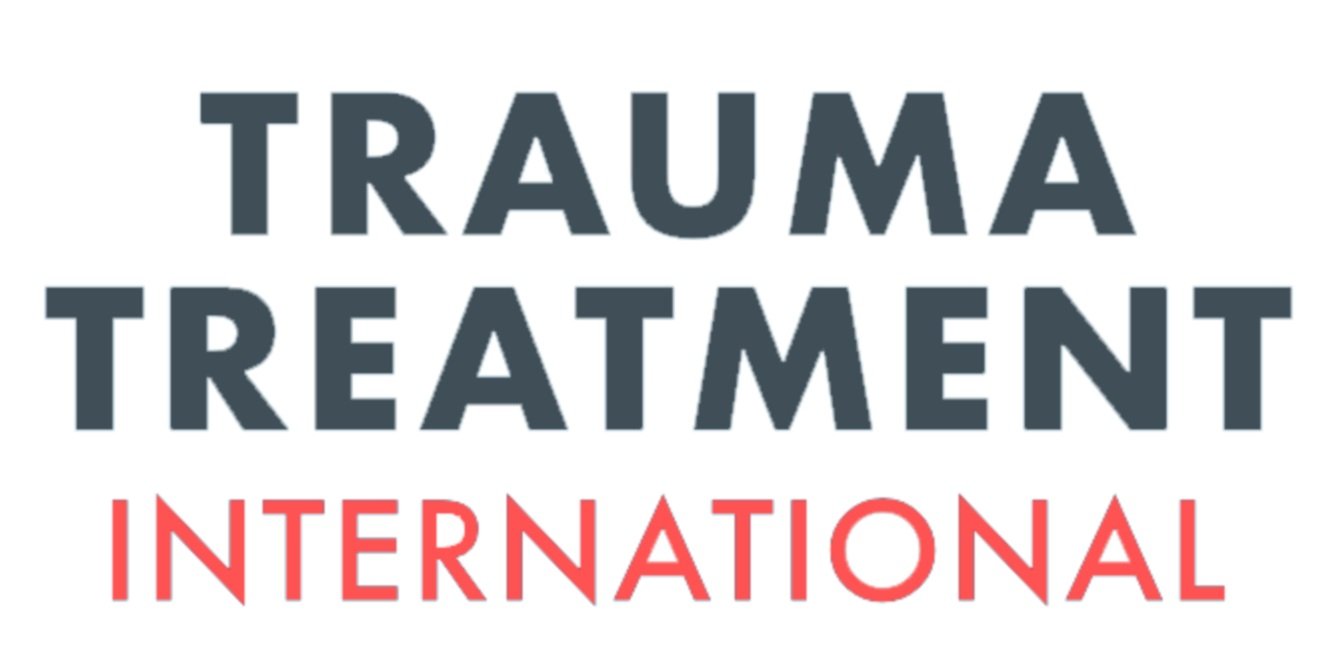My journey with TTI is a testament to how the organisation invests in aspiring psychologists
When I first started as an intern at Trauma Treatment International (TTI) in September 2021, I had no idea that I would go on to become a full-time Assistant Psychologist at the charity two years later, writes Rhea Tzallas.
Initially, my goal was to gain insight into the charity sector after completing my undergraduate degree in Human Sciences. I remember the inspiration I felt after my first conversation with Quen, our CEO. She introduced me to TTI's exceptional work and its commitment to making evidence-based trauma treatment accessible to individuals affected by collective violence worldwide.
During my internship, and subsequent role as Projects and Partnerships Coordinator, I had the perfect opportunity to get to know and contribute to the inner workings of a small, but rapidly growing, charity. This journey allowed me to expand my knowledge in areas like fundraising, monitoring and evaluation, partnership development, and strategic planning.
TTI provided me with valuable insights into the third sector and allowed me to take on responsibilities from day one. While I thoroughly enjoyed this aspect of the work, my background in Human Sciences always interested me in the clinical side of operations. I have always been interested in human behaviour and after listening to TTI’s Associate Psychologists share their experiences and expertise over the first few months, I decided to apply for a Master's conversion course in Psychology.
Throughout the conversion course, I continued to work part-time at TTI. This proved to be highly beneficial as I could explore the psychological theories that underpin our work and psychological interventions, whilst also seeing the practical impact.
One of the first striking lessons for me was grasping what 'evidence-based' treatment really entails. As we developed our skills in critically evaluating research on the course, I gained a deeper appreciation for the rigorous studies that underscore every psychological intervention and the reliance on high quality evidence.
As the course explored clinical psychology further and we worked on case formulations to determine treatment plans based on client vignettes, the insightful discussions I had with TTI’s psychologists proved immensely valuable in bridging the gap between theoretical models and practical application when navigating treatment pathways.
My journey with TTI continues to serve as a testament to how the organisation invests in aspiring psychologists and provides excellent support for continual professional development. The daily interactions with expert psychologists, who bring extensive experience from the NHS, private practice, and international conflict and post-conflict zones, is remarkable. I always feel grateful to our Associates’ for their guidance and consider myself very privileged to learn from them.
TTI also endeavours to accommodate the interests of the team and Associates, and provide opportunities for development in all our chosen areas. I believe this makes our team and Associate Pool an enriching community, in which we each feel our roles are rewarding and fulfilling.
The commitment to individual development extends beyond professional growth. TTI nurtures a culture of flexibility and compassion, underscoring the significance of personal growth and self-care for all roles that involve supporting vulnerable individuals.
Working at TTI also helps you appreciate the holistic nature of supporting clients, particularly those still in fragile circumstances. Beyond clinical treatment, understanding their psychosocial needs is paramount, demanding an awareness of underlying structural issues related to mental health. Partnering with other exceptional charities further provides valuable opportunities to explore diverse services and client groups. Working in this environment and with many brilliant organisations and practitioners gives you invaluable exposure to the mental health sector and how individuals access and navigate services.
As TTI continues to expand, we are investing in the pathways into psychology careers and increasing our capacity to provide trauma treatment in the UK and internationally. This means supporting newly qualified psychologists or those, like me, who are at the beginning of their journeys into clinical psychology. TTI fosters an environment where aspiring psychologists can flourish, learn, and contribute significantly to the organisation's mission of providing trauma-informed care worldwide.
Individuals at TTI have the unique opportunity to work closely with expert professionals, gaining invaluable exposure to diverse methodologies, therapeutic techniques, and real-world case studies, ultimately enhancing our understanding of evidence-based treatment and the intricacies of trauma-informed delivery.

